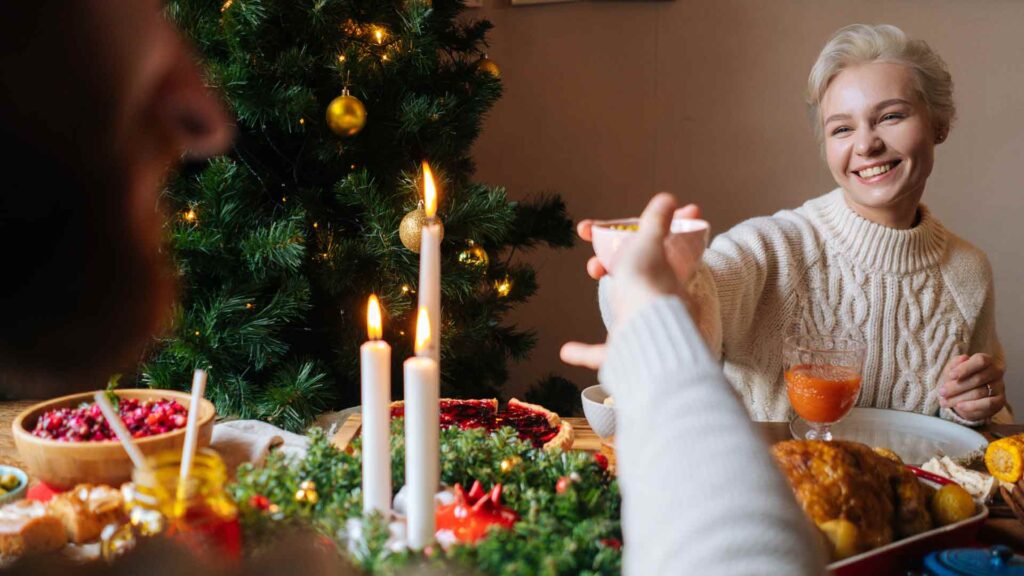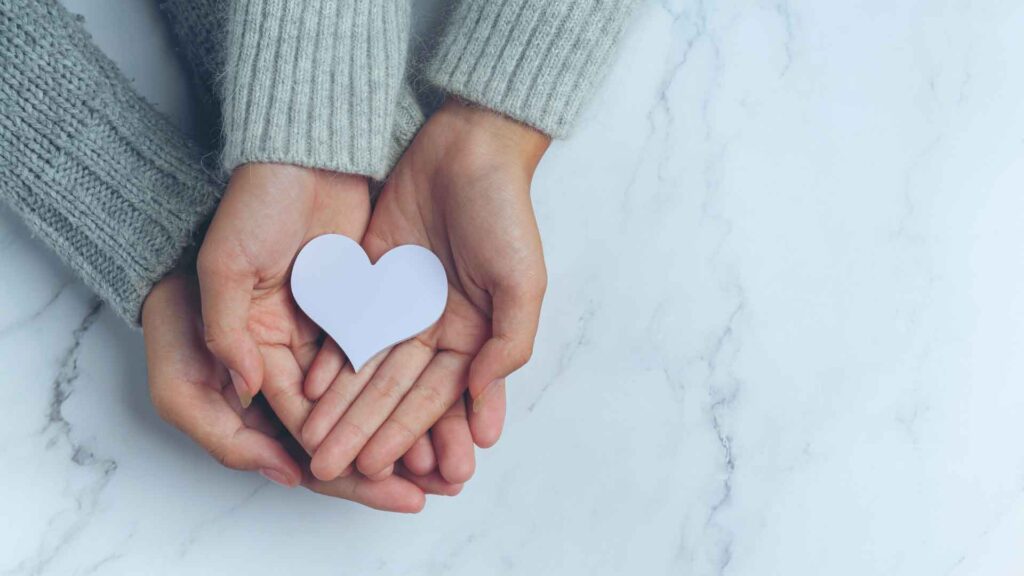“Thank You”- Two words that can make you happier
Thanksgiving Day is an annual, year-end holiday celebrated in the United States, Canada, and some African countries like Liberia, Grenada, and Saint Lucia. Similar festivals are also observed in Japan and Germany. It is a day dedicated to thanking everyone for the good harvest and expressing gratitude for the previous year.
The celebrations are marked by enjoying a hearty meal in the company of loved ones and indulging in some gift-buying. It is a day dedicated to showing gratitude and marks the beginning of the festive season.

But do we require a day to be thankful? Every day, we encounter countless instances when we should be thankful for the small joys in our lives. We should be grateful for our good health, our family, our friends, and the prospects life offers us for growth and progress. Every day, many people assist us in getting our jobs done, but we rarely have the time to thank them. Instead, we choose to complain about our misfortune and the things we lack in life. This negative thinking impacts our mental health and makes us unhappy. As abolitionist and social reformer Henry Ward Beecher rightly said, “The unthankful heart discovers no mercies, but the thankful heart will find, in every hour, some heavenly blessings.”
What does the research say?
Two psychologists from the University of California and the University of Miami experimented to see how being thankful affects our mood. They divided the participants into three groups. All three groups had to write a few sentences every week. The first group had to write about something that had made them feel thankful, the second group had to record an event that made them unhappy, and the third group could write about any positive or negative event that impacted them.
After ten weeks, the participants had to report to the psychologists. It was found that those who recorded events that made them feel grateful had a better quality of life and could focus more on a good diet and exercise. These candidates also felt optimistic about their future and were more motivated to get things done.
In another experiment done by the University of North Carolina scholar Sara Algoe and her colleagues, participants were made to watch videos where a person was expressing their gratitude towards their partner. The videos showed a person thanking their partner and expressing how they have benefitted from their help to varying degrees.
The outcome of the experiment showed that participants favoured those videos where a person simply appreciated their partners more and acknowledged their help rather than highlighting his or her benefits.

Why should we say “ Thank You”?
From the above discussion, it is quite obvious that we should be thankful and appreciative of our privileges more often. We mostly do not realize the importance of counting our blessings, reserve our thankyou’s for special favours and gifts. Also, we forget to thank people who assist us daily and only choose to appreciate those we deem to be important and influential.
Here is why we should pepper our regular conversations with thank yous more often:
- Saying thank you is free: It is the simplest form of expressing gratitude and rarely requires investing any time, energy or money. When we appreciate the things we already have rather than lusting after things we don’t. We are more content and satisfied with our lives, and that in turn boosts our mental health.
- Thanking those who help us strengthen relationships: Renowned French writer Voltaire has said, “Appreciation is an excellent thing. It makes what is excellent in others belong to us”. When we thank others, they feel acknowledged for their kind deed. Saying a simple “thank you” might also motivate them to provide us with more assistance in the future. There is also a greater chance of bonding with the person we appreciate.
- Saying ‘thank you’ improves mental health: ‘Thank you’ is a magical phrase that benefits both the person who offers the help and the person who receives the benefits. Expressing gratitude has been shown to improve mental health and wellbeing. It also makes us more optimistic and less cynical about the world. We tend to trust those who appreciate us.

How do we practice being thankful?
Practicing gratitude becomes much easier when we make a conscious effort to do it regularly. When we understand why we should thank someone, the how becomes easier. Here are some creative ways to thank the people in our lives:
- Thanking someone in-person is the most effective way to express gratitude. Simply saying a quick “thank you” boosts confidence, improves mood and contributes to general wellbeing. A few kind words usually go a long way. Handwritten notes are a great alternative to directly saying thank you. Especially for introverts who find it difficult to communicate directly.
- Being thankful does not always have to be overt. Sometimes, listening to someone intently when they are speaking, rather than being distracted, is also a show of appreciation. Being fully present and attentive to someone is also an effective way of saying “thank you”.
- Novelist Ellen Hopkins says, “Sometimes the little things in life mean the most.” Inviting someone over to lunch, helping someone with small chores or calling up to ask if everything’s okay are all simple things that promptly say, ‘thank you’. It shows that you appreciate someone simply because of their presence in your life, and are willing to go that extra mile to thank them. These are just some of the ways we could say ‘thank you’ to the people in our lives.
- Maintaining a gratitude journal and being thankful for the things we have can work as a great mood-lifter. It encourages us to appreciate our privileges and makes us empathize with those who do not have them.

The bottom line
A raging pandemic that jumped continents has taught us to be more appreciative of our privileges. As the world went into chaos, we started spending more time indoors. Being close to our families, especially our aged parents, we began appreciating their presence in our lives. When news of countless deaths threatened to overwhelm us, we turned to our families for support and were thankful for their presence.
In these uncertain times, we made sure to reconnect with our friends and express our gratitude to them. Something that many of us felt too busy to do in pre-pandemic times. Being thankful and expressing it every day makes us optimistic, happier, empathetic, and overall a much better person.





